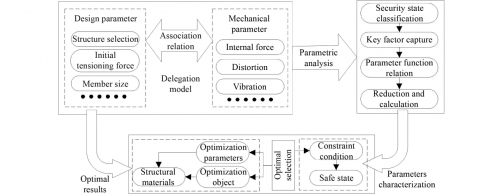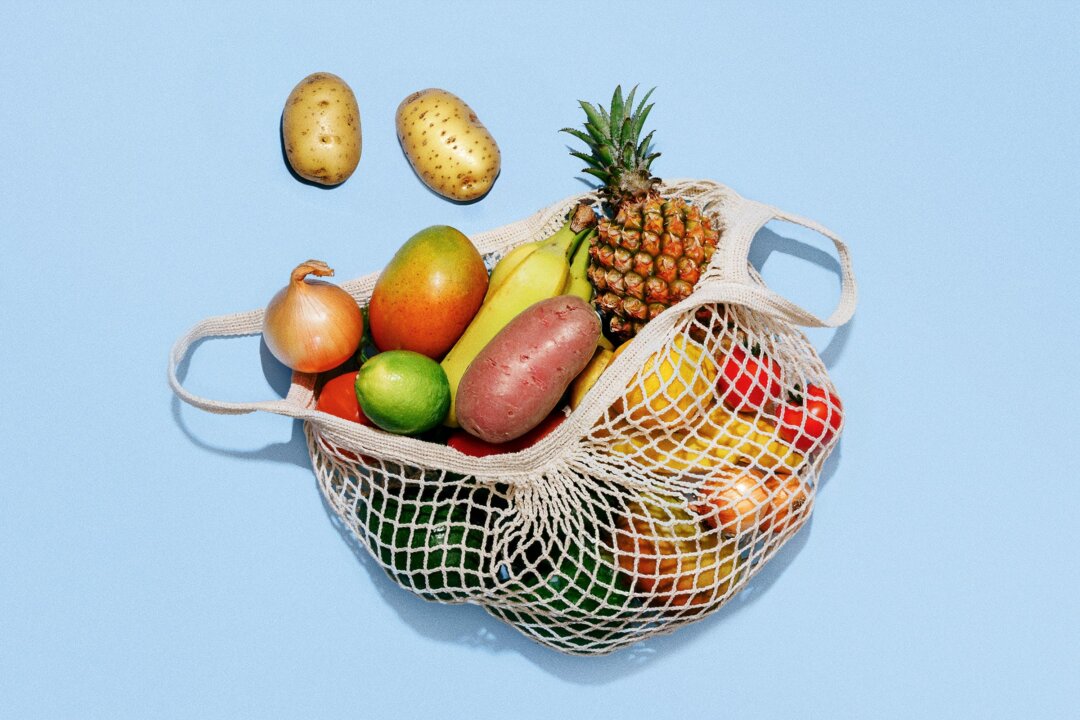The widespread use of refrigeration has transformed how food is stored, but experts are now highlighting potential drawbacks. Over-refrigeration of fruits and vegetables can lead to significant losses in nutrients and flavor. As households increasingly rely on refrigerators to maintain freshness, many are unaware of the adverse effects this practice can have on the quality of their produce.
Historically, humans have employed various methods to preserve food, utilizing natural resources like cold water and underground storage. The introduction of artificial refrigeration in the mid-1700s marked a pivotal shift in food preservation, but it wasn’t until the early 20th century that domestic refrigerators became commonplace in the United States. Today, these appliances are integral to daily life, leading many to fill them to capacity, particularly with perishables.
Experts in nutritional science are raising concerns about how excessive refrigeration affects fruits and vegetables. When stored at low temperatures for extended periods, produce can undergo changes that diminish its nutritional value. For instance, vitamins such as vitamin C and certain B vitamins are particularly sensitive to cold storage. Prolonged exposure can lead to a decrease in these essential nutrients, impacting overall health.
Understanding the Impact of Cold Storage
Research indicates that refrigeration can alter the chemical composition of fruits and vegetables. Cold temperatures can slow down the ripening process, which is essential for developing flavor and texture. For example, tomatoes, often stored in refrigerators to prolong their shelf life, may lose their natural sweetness and aroma. This is attributed to the disruption of enzymes that facilitate ripening.
In addition to flavor loss, the nutritional degradation can have broader implications for consumers. A study conducted by the University of California found that nearly 30% of nutrients in commonly refrigerated fruits and vegetables can be lost when stored at temperatures below 5 degrees Celsius for more than a week. This loss not only affects individual health but also raises concerns about food waste and the economic costs associated with producing nutrient-poor food.
Balancing Freshness with Quality
While refrigeration is undoubtedly effective in prolonging the shelf life of produce, the challenge lies in balancing freshness with quality. Experts recommend a more strategic approach to refrigeration. For instance, storing fruits like bananas and avocados at room temperature until they ripen can preserve their flavor and nutritional content. Only after ripening should these fruits be placed in the refrigerator to extend their edibility without compromising quality.
The growing awareness of these issues has sparked interest among consumers and producers alike. Farmers and retailers are exploring alternative storage methods, such as controlled atmosphere storage, which can maintain optimal conditions for produce without the negative effects of traditional refrigeration. This approach not only helps retain nutrients but can also enhance flavor profiles, ultimately benefiting consumers.
As the conversation around food storage evolves, it is crucial for consumers to remain informed about the best practices for preserving the quality of their produce. Transitioning to a more mindful approach can lead to healthier eating habits, reduced food waste, and a better understanding of the connection between food quality and nutrition.
In conclusion, while refrigeration has revolutionized food preservation, the hidden costs of over-refrigeration on fruits and vegetables cannot be overlooked. By adopting more informed storage practices, consumers can enjoy produce that is not only fresh but also rich in flavor and nutrients.








































































